Developing a closed loop satellite tracking functionality for optical telescopes
The number of satellites in orbit – especially in low earth orbit (LEO) – is currently increasing rapidly. Some operators are very transparent in informing the public about the orbits, mission, and function of their satellites, while others tend to hide this information. As a result, not enough is known about many objects to assess their threat to other satellites and infrastructure in LEO.
To analyze and characterize such objects, observations with optical telescopes are necessary. This can be done – if very precise orbital data are available – with so-called « open loop tracking ». If the known orbital data are too old or not very precise, the satellite is quickly lost from the field of view (FOV) of the telescope camera during tracking.
To prevent this, telescopes need a feedback-based control system that automatically adjusts the tracking based on the measured position change of the satellite on the camera sensor → « closed loop tracking ».
Objectives
Students will develop an analysis and correction tool that enables existing telescope control systems to track satellites using « closed loop tracking ». This mission consists of:
• detecting and identifying objects in the FOV
• pattern recognition in subsequent images
• developing real time closed loop tracking mechanism algorithms
• controlling telescope mount via API
• developing an automated search process for objects that are not directly in the FOV
at the start of tracking
• developing a search and find process for objects after the pole flip of the mount
• testing and documenting the design
• providing recommendations for further improvement
Required skills
For the good realization of the project, it is recommended that the student have:
• General understanding of the orbital dynamics and Image processing, mechanical design is a plus
• Programming skills in Java or python
• Ability to appraise and adapt the project to fulfill the needs of the Space Domain operation team
• A sense of responsibility to provide the work quality to be used for everyday applications
Place of work
The student will have the opportunity to work in a stimulating environment with other students in different locations (Lausanne, Bern, Zurich) in Switzerland depending on the needs of the projects.
